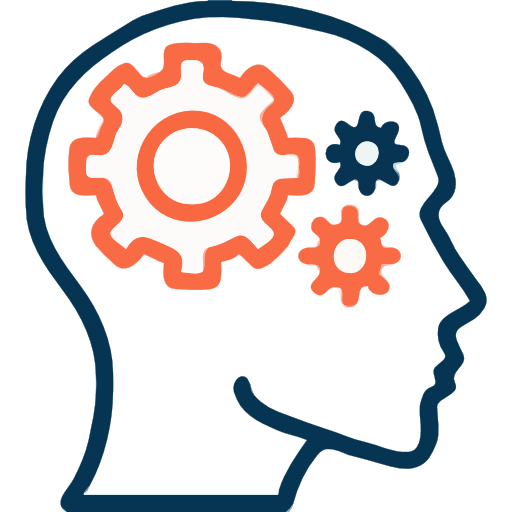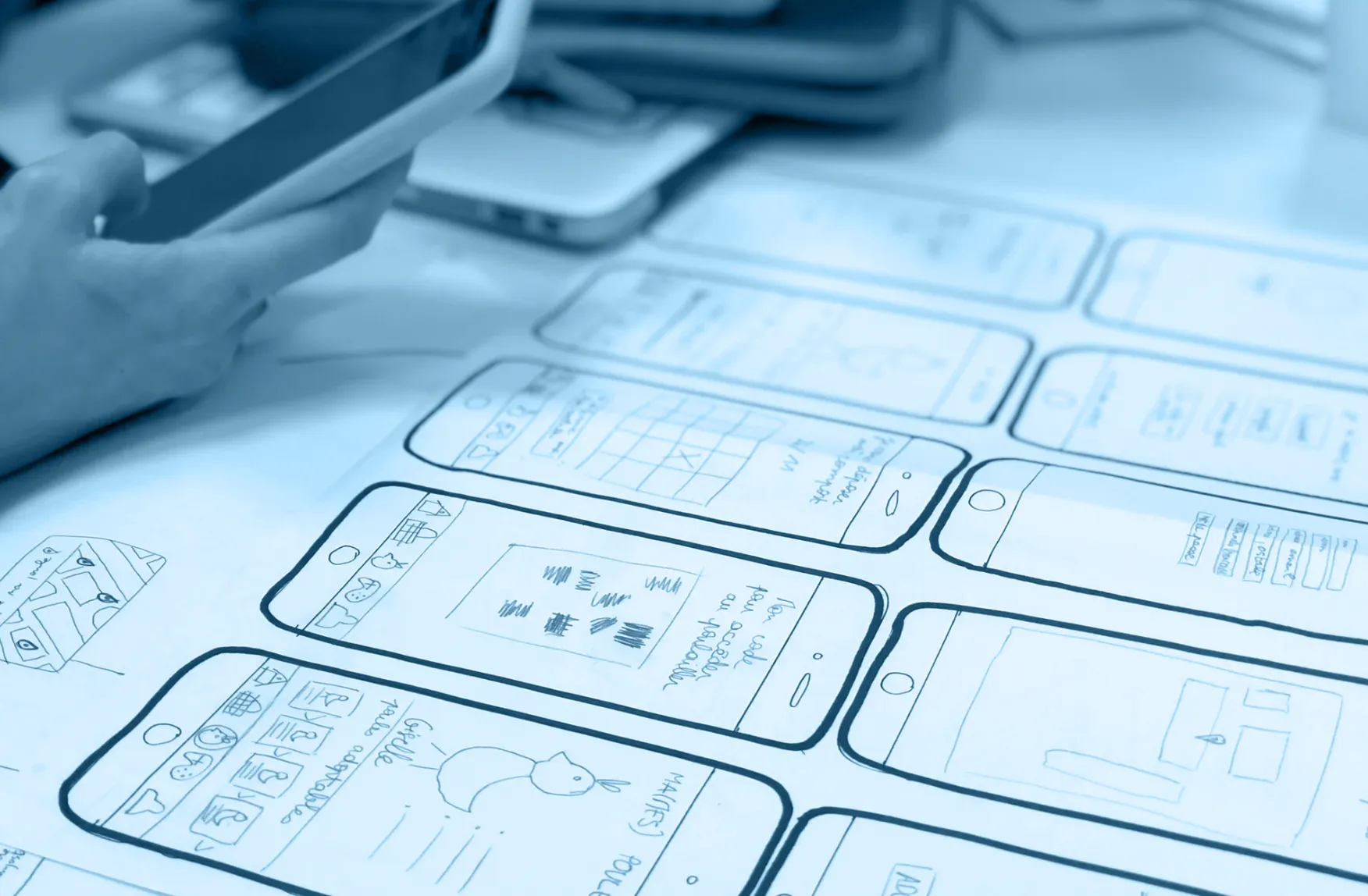

EvidenceB is an EdTech company founded in 2017 by Thierry de Vulpillières, former Director of Educational Partnerships at Microsoft, Catherine de Vulpillières, ENS alumna and former Associate Professor of Literature, and Didier Plasse, a serial entrepreneur. They were soon joined by Philippe Mero, who became a shareholder in 2020, formerly a partner at an international consulting firm specializing in digital education.
Today, EvidenceB is a team of twenty-five people. Among these collaborators are data scientists, developers, digital project managers, and marketing and sales professionals. All have joined the company to develop an Adaptive Learning platform (AI Tutoring Platform), available in SaaS mode for schools, higher education, and professional training, as well as new adaptive learning modules for the benefit of learners.
The inseparable link between academic success and professional integration into society is one of today’s major challenges.
Recent discoveries in cognitive science and artificial intelligence are opening new possibilities to facilitate knowledge and skill acquisition for every learner at all stages of their journey.
The co-founders seized these opportunities to design a personalized learning solution while fostering each learner’s desire to learn. Concretely, the goal is to help teachers help learners—by facilitating teachers’ pedagogical decision-making through access to new tools that better support their students, regardless of their level.
The three pillars
of EvidenceB

Cognitive Sciences

Artificial Intelligence

UX Interface

Cognitive Sciences
These include the latest advances from neuroscience and cognitive science research laboratories on how a child’s brain integrates new knowledge.
If all children in the world have a brain that functions according to the same universal principles, it is therefore possible to create educational modules adapted to the needs of each individual, regardless of the child’s culture and country of origin at each stage of their development.
EvidenceB modules integrate new didactic approaches, based on recent research in cognitive sciences in each discipline, in order to stimulate the acquisition of determining and structuring notions.
Cognitive science research is at the root of module design, whether it is the design of the architecture, the educational content, the types of activities or the functioning of feedback.

Artificial Intelligence
Artificial intelligence is about designing autonomous agents that interact rationally with their environment to achieve a given goal.
In the educational context, this ‘goal’ is often the adaptation of teaching to the individual needs of a learner – what is called adaptive learning.
The applications developed by EvidenceB integrate two artificial intelligence algorithms. The first, belonging to the family of “one-armed bandit” algorithms, optimizes educational paths by continuously offering each student exercises adapted to the student, whatever their level . The second is “clustering” and makes it possible to form groups of students who have similar learning characteristics . The teacher can then use the groups formed to differentiate their teaching at each level.
The teacher can rely on the information presented in dashboards to have a global and synthetic vision of his class and the progress of his students and therefore make educational decisions informed by the data, without overloading time.
The role of teachers therefore remains central throughout schooling and allows students to transform “an education for all” into “an education for each”.

UX Interface
User experience (UX) is the quality of the user’s experience in digital or physical environments. The notion of user experience marks a transdisciplinary evolution in the way of conceiving the user’s relationship to technical systems and of considering their ergonomic quality. In the educational sector, digital educational uses are the subject of fundamental research.
Alongside cognitive scientists, EvidenceB learning modules have also been developed by UX experts who have designed playful interfaces aimed at maintaining student motivation. Both familiar and captivating, these interfaces arouse and maintain their curiosity and involvement, while avoiding any cognitive overload.
The educational experience is the subject of an evidence-based approach , documented by researchers in the field during scientific experiments carried out in the field, with the participation of students and teachers.
Research
EvidenceB was born from the observation that recent discoveries in these three areas of research would support teachers’ pedagogical choices , facilitating the implementation of a differentiation strategy .
Thanks to a strong investment in R&D and fundamental research that is now very advanced, Edtech has developed a disruptive and unprecedented educational technology . The main advantage of this technology is that it is based on Evidence-based Education , education based on evidence and scientific proof from measurable, verifiable and reproducible results.
The adaptive modules are based on an unprecedented alliance of research in cognitive sciences, artificial intelligence and UX learning interfaces to facilitate the learning of fundamental structuring notions from kindergarten to high school. Above all, it is about feeding the curiosity of each student with personalized digital paths in an attractive environment, optimized for learning.
In total, more than 50,000 educational activities have been designed by researchers and teachers specializing in many disciplines (languages, maths, sciences) for students from primary school to high school, including preparatory classes for the grandes écoles and BTS.
In a co-creative approach, EvidenceB regularly partners with the teaching community who wish to experiment and test new resources in France and internationally.

The EvidenceB Team
Feedback

” The brains of all the children in the world are different but function according to certain universal principles. This is the first lesson of cognitive science. The second is that by bringing them to light, as we are beginning to do, we can create educational modules adapted to the needs of each person at each stage of their development. “
Daniel Andler – Mathematician and philosopher of science.
Member of the Academy of Moral and Political Sciences.
Our partners














